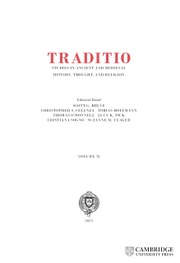Community, Urban Health and Environment in the Late Medieval Low Countries
By exploring the uniquely dense urban network of the Low Countries, Janna Coomans debunks the myth of medieval cities as apathetic towards filth and disease. Based on new archival research and adopting a bio-political and spatial-material approach, Coomans traces how cities developed a broad range of practices to protect themselves and fight disease. Urban societies negotiated challenges to their collective health in the face of social, political and environmental change, transforming ideas on civic duties and the common good. Tasks were divided among different groups, including town governments, neighbours and guilds, and affected a wide range of areas, from water, fire and food, to pigs, prostitutes and plague. By studying these efforts in the round, Coomans offers new comparative insights and bolsters our understanding of the importance of population health and the physical world - infrastructures, flora and fauna - in governing medieval cities.
- Demonstrates how health practices influenced perceptions of community and were developed in reaction to specific environmental factors
- Uses new archival evidence and theories on public health to offer comparative insights, both across Europe and beyond
- Puts responses to plague epidemics and infectious disease into the broader context of public health practices and politics of prevention
Reviews & endorsements
‘It is thoughtfully and inventively theorized, with an original interpretation solidly grounded in primary sources … Coomans provides a useful demonstration of how public health initiatives and principles could be implemented in places with different sociopolitical realities. The book is a regional case study rooted in a range of primary source genres but should be valuable to urban historians of other regions and periods as well. Coomans explicitly avoids facile comparisons with the failures and successes of contemporary public health strategies. She engages thoughtfully, however, with the conspicuously relevant questions of how multifaceted and decentralized public health strategies can be effective and the implications of conceptualizing public health as a common good.’ Lucy C. Barnhouse, H-Sci-Med-Tech
Product details
August 2021Hardback
9781108831772
350 pages
235 × 155 × 24 mm
0.66kg
Available
Table of Contents
- Introduction
- 1. Galenic Health and the Biopolitics of Flow
- 2. The Purged Urban Heart: Municipal Sanitation
- 3. Food, Health and the Marketplace
- 4. Good Neighbours: Nuisance and Harmony in Living Environments
- 5. Plague in Urban Healthscapes
- 6. Building Community, Balancing Public Health and Order
- Conclusion: Urban Health Expeditions.

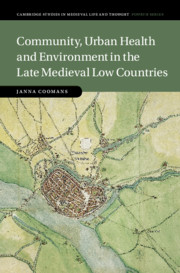
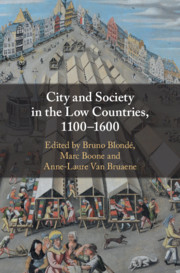
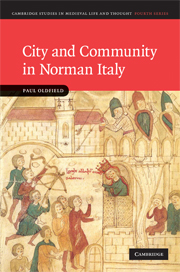

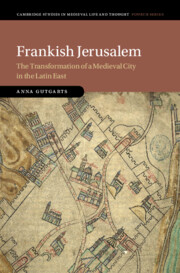


.jpg)
